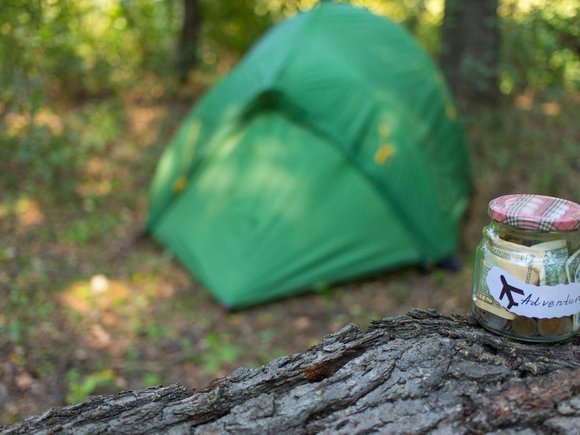1. The Early Bird Gets the Cheap Pitch
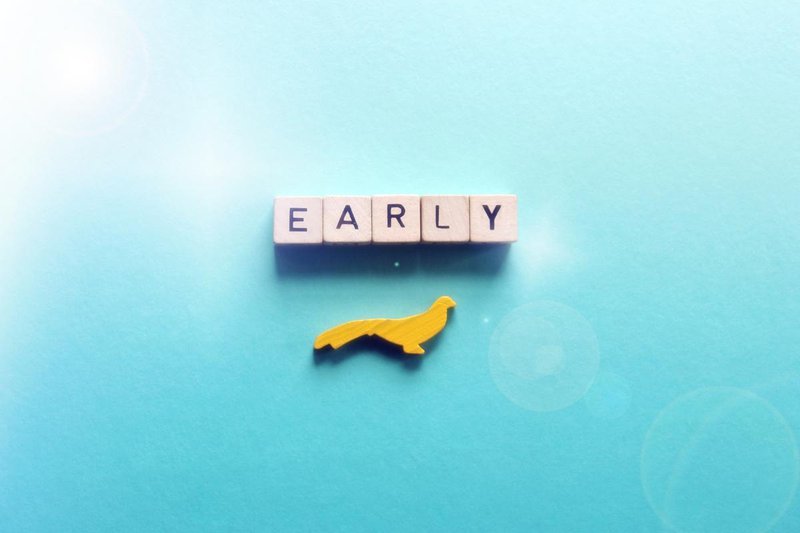
© Canva
Whether it’s a hotel room, a flight, or a cruise: People who book early tend to get a better deal. That’s true for campsites, too. If you book a pitch at the end of the season for the coming year, you’ll often enjoy good discounts and deals.
P.S. On camping.info, you’ll find hundreds of campsites that you can book online, and thanks to the comparison prices, you’ll immediately see how much a night will cost two adults to stay on a pitch with electricity plus local taxes.
2. Don’t Fill up on the Motorway
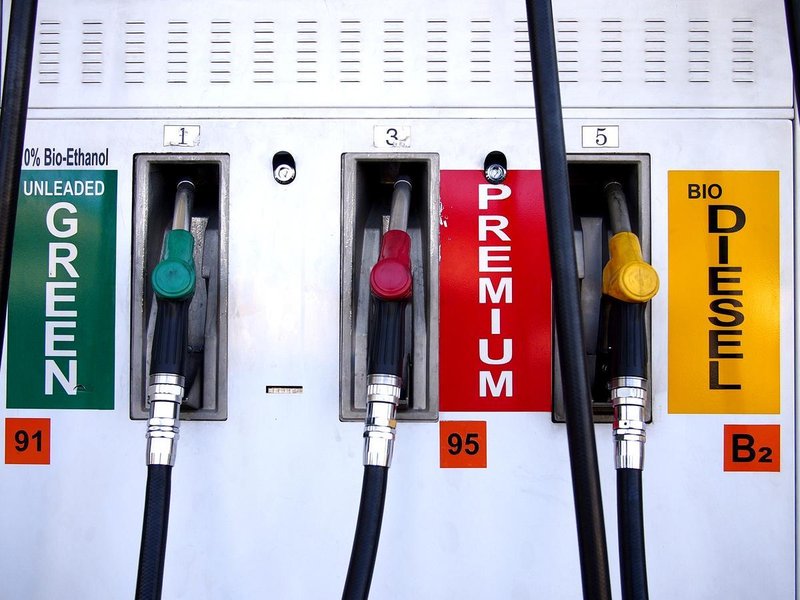
© Canva
Stopping at a motorway service station to fill up is just so easy … and so expensive! Generally speaking, the prices at the stations along the motorways average about 16 pence per litre more expensive than petrol stations at supermarket forecourts. The same is true on the European mainland. In Germany, for example, motorway service station petrol runs about 3 cents more per litre than at petrol stations in cities or nearby towns. The drive to these petrol stations may cost you a bit more time, but it will ultimately save you money.
Another tip: fill up before you cross into another country. If you’re travelling through Austria to Italy, for example, put some Austrian petrol in your tank before you reach the Italian border — The prices are relatively affordable here in comparison to other parts of Europe.
3. Don’t Let the Stars Lead You Astray
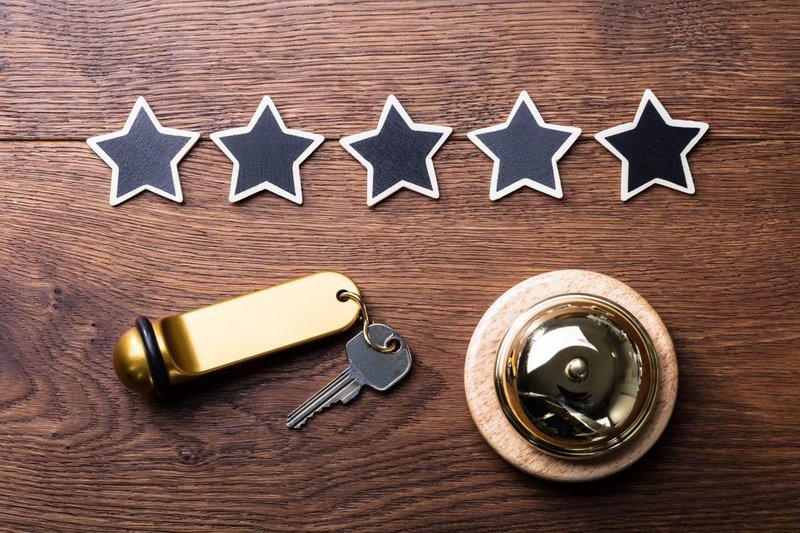
© Canva
It’s tempting to stay at a 5-star campsite with a spa, a gym, and a sauna. But ask yourself first: How much time will you really be spending at the campsite, and how much will you honestly use these offered luxuries? If these facilities aren’t a top priority for you, you’ll likely save money by staying at a campsite with fewer features. Having fewer stars doesn’t necessarily mean that the sanitary facilities aren’t up to the same standards! The standards of star rating systems often vary from country to country, and some online portals give more stars to campsites for special criteria, such as whether they have a dog shower.
4. Pack Provisions
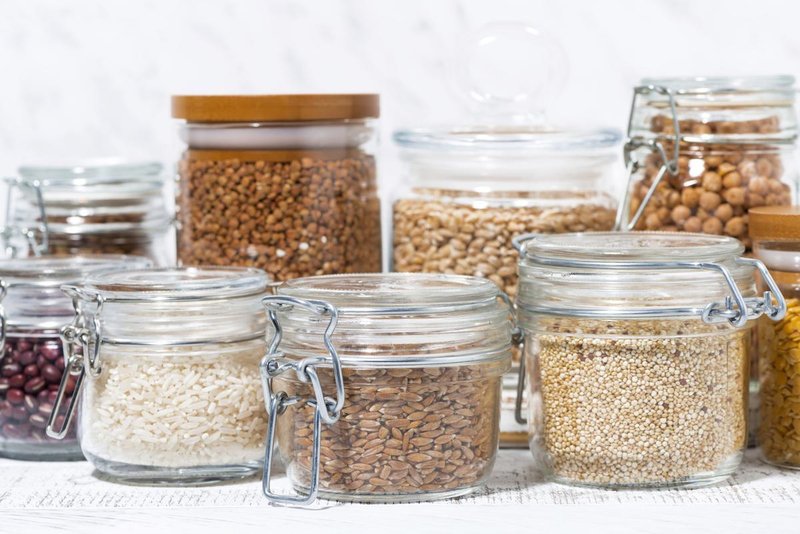
© Canva
Do you also find that part of the holiday experience includes wandering through the local supermarkets and discovering specialities that you can’t get at home? In some countries, though, foods like noodles and rice can also be sinfully expensive. Do a little research in advance and find out what food prices are like at your destination. It might make sense to buy the main ingredients of your favourite meals before you head out on holiday and keep the basics in your camper. You can almost always get fruit and veg at the farmer’s market, especially in southern Europe: Fresher tastes better anyway!
5. Even Campers Cook
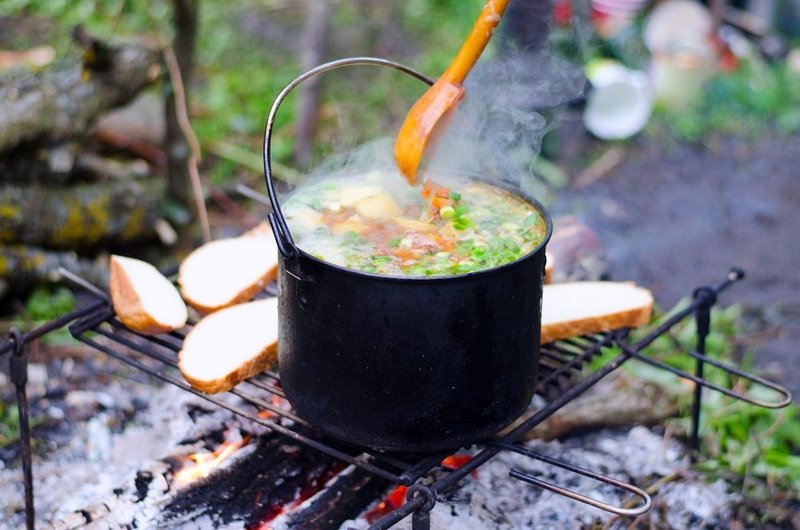
© Canva
After a long day of sightseeing, do you really want to go back to your motorhome or caravan, cook a meal, and then clean up everything? No, thanks! So you head to a restaurant, where you don’t have to cook or clean… but you could wind up with a hefty bill at the end, especially in tourist hotspots. Do this every day, and your holiday funds will quickly disappear. If you do the cooking instead, you’ll save quite a bit, especially on longer holidays. It can also be fun to shop for fresh ingredients and regional spices at the weekly farmers’ market. The vendors will often let you try their products, and you’ll realise that shopping, too, can be a lovely holiday experience. And when the whole camper smells of rosemary and thyme, and your mouth begins to water, you’ll know that all the effort was worth it.
6. Make Use of Discounts
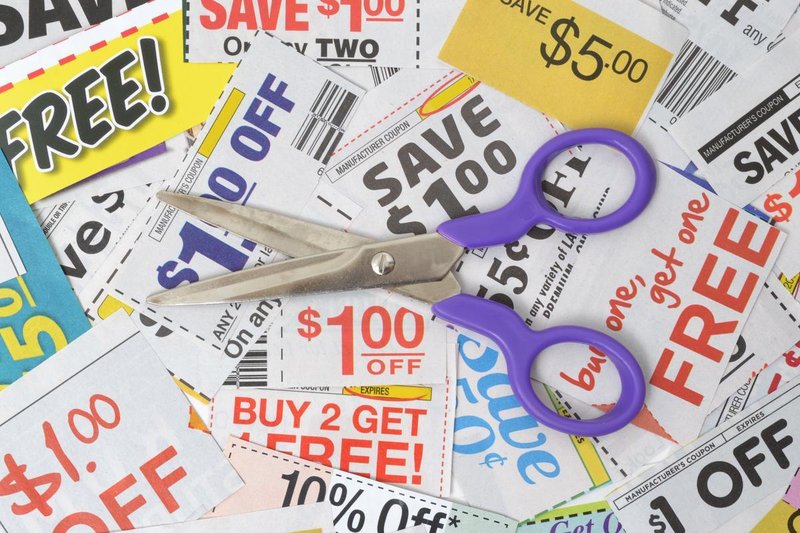
© Canva
Camping on the cheap is especially easy when you stay on a campsite that is well-connected to the centre of a nearby city. Buses there and back are frequently free of charge. On the campsite profiles on camping.info, you’ll find details about the services that are included in the price, such as bus transfers, regional discount cards, or entertainment programmes. Ask about discounts when you’re in the area, too: Many cities offer things like free entry to museums or concerts on certain days. Holidays also tend to be celebrated with lots of events or discounts, so it’s always worth looking at the local events calendar to see what’s on while you’re there.
7. Watch Out for Hidden Costs

© Canva
When you look at the price lists, many campsites seem to have temptingly good deals. You should take a closer look, though, especially if you’re travelling with kids. Is the site’s adventure park, which is splashed across their website, included in the price? Can the kids really go pony rides for free? There are often additional costs that are easy to miss. Check if there’s a fee for the swimming pool, for example, and find out if showers are included in the price, or if you’ll need to pay extra to use them. These extra costs can add up quickly, and at the end of your holiday, you might be shocked to find the final bill is higher than you expected. No relaxing camping trip should end like that!
8. Get a Camping High in the Low Season
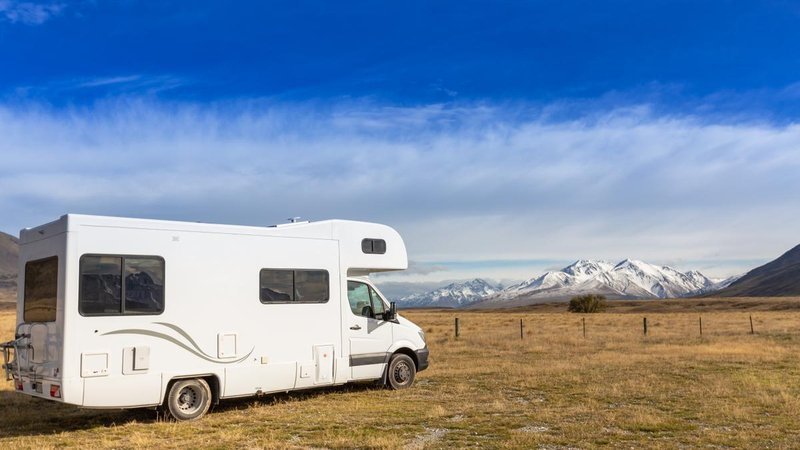
© Canva
Outside of peak travel times, prices generally drop considerably. The on-site restaurant or outdoor pool may not be open, but if you can do without these amenities, you can save quite a bit. This is especially true if you aren’t travelling with children — In September, once school is back in session, you can sometimes get a pitch at half the price, and many places are just as warm and beautiful as they would be in August.
A tip: It’s also a good idea to buy camping equipment outside peak season. Larger purchases especially should be made in the off season. Another tip is to take a look at camping equipment and campers at trade fairs, like the Caravan Salon in Düsseldorf, Germany. Sometimes you can get display pieces at drastic discounts, and there are almost always special deals during the fair.
There are many ways to save money on holiday, but you never want to save on quality. You’ll find good campsites with authentic ratings and reviews from other campsites on camping.info. Check out the other articles in our magazine for more tips for a successful camping trip.
 Deutsch
Deutsch Nederlands
Nederlands français
français italiano
italiano Español
Español български
български босански
босански čeština
čeština dansk
dansk Ελληνικά
Ελληνικά eesti
eesti suomi
suomi hrvatski
hrvatski magyar
magyar lietuvių
lietuvių latviešu
latviešu norsk bokmål
norsk bokmål polski
polski português
português română
română русский
русский slovenčina
slovenčina slovenščina
slovenščina српски
српски svenska
svenska Türkçe
Türkçe